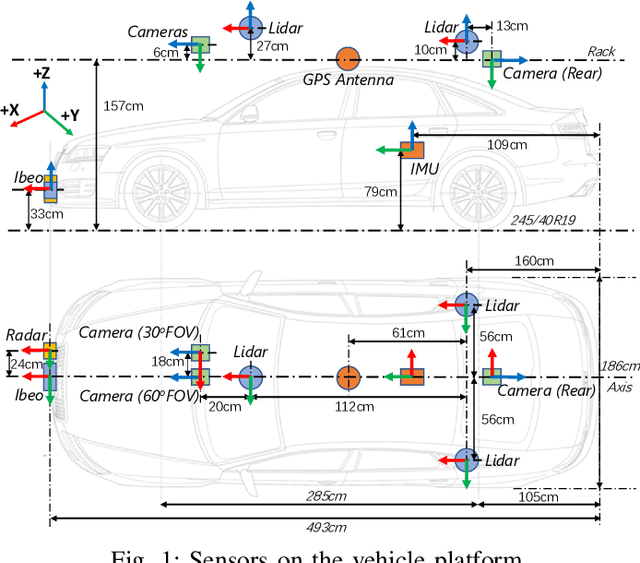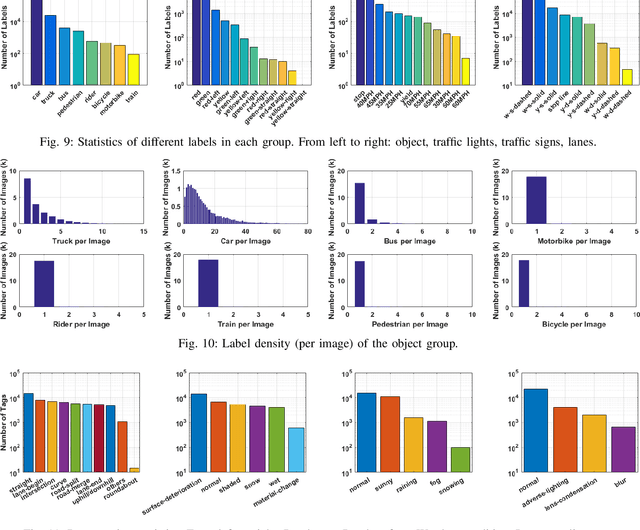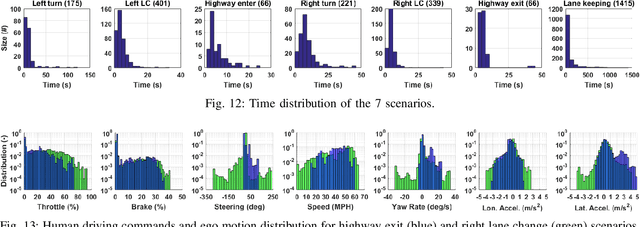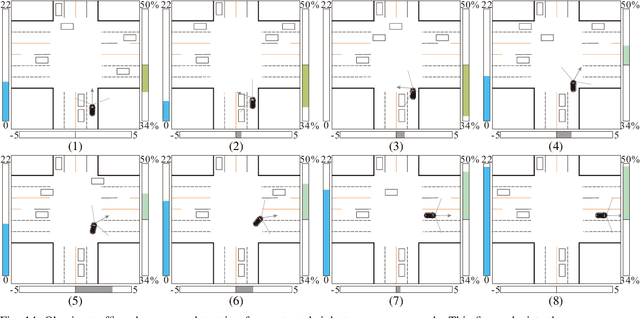Jiajun Hong
From Behavioral Performance to Internal Competence: Interpreting Vision-Language Models with VLM-Lens
Oct 02, 2025Abstract:We introduce VLM-Lens, a toolkit designed to enable systematic benchmarking, analysis, and interpretation of vision-language models (VLMs) by supporting the extraction of intermediate outputs from any layer during the forward pass of open-source VLMs. VLM-Lens provides a unified, YAML-configurable interface that abstracts away model-specific complexities and supports user-friendly operation across diverse VLMs. It currently supports 16 state-of-the-art base VLMs and their over 30 variants, and is extensible to accommodate new models without changing the core logic. The toolkit integrates easily with various interpretability and analysis methods. We demonstrate its usage with two simple analytical experiments, revealing systematic differences in the hidden representations of VLMs across layers and target concepts. VLM-Lens is released as an open-sourced project to accelerate community efforts in understanding and improving VLMs.
Mcity Data Collection for Automated Vehicles Study
Dec 12, 2019



Abstract:The main goal of this paper is to introduce the data collection effort at Mcity targeting automated vehicle development. We captured a comprehensive set of data from a set of perception sensors (Lidars, Radars, Cameras) as well as vehicle steering/brake/throttle inputs and an RTK unit. Two in-cabin cameras record the human driver's behaviors for possible future use. The naturalistic driving on selected open roads is recorded at different time of day and weather conditions. We also perform designed choreography data collection inside the Mcity test facility focusing on vehicle to vehicle, and vehicle to vulnerable road user interactions which is quite unique among existing open-source datasets. The vehicle platform, data content, tags/labels, and selected analysis results are shown in this paper.
 Add to Chrome
Add to Chrome Add to Firefox
Add to Firefox Add to Edge
Add to Edge